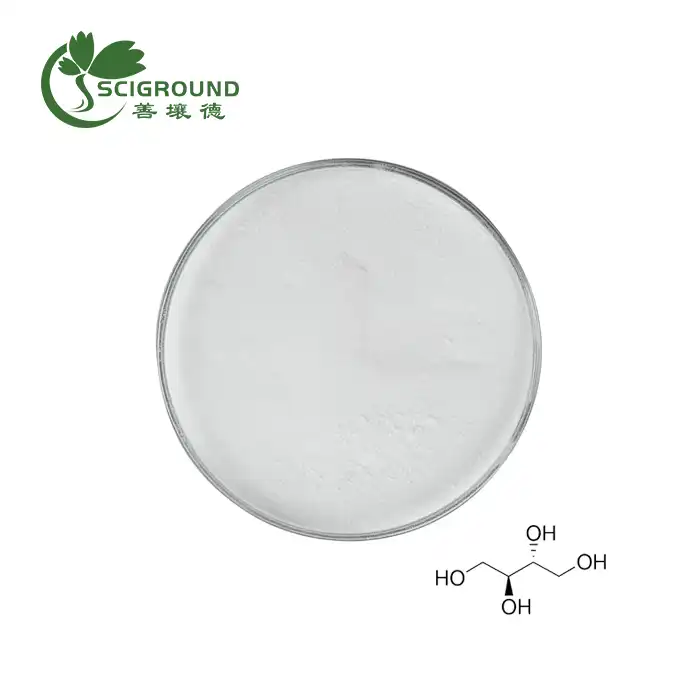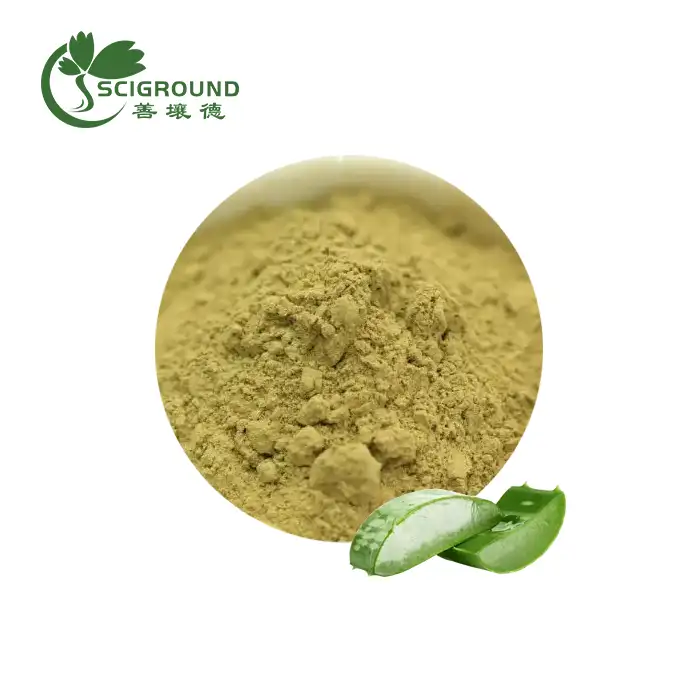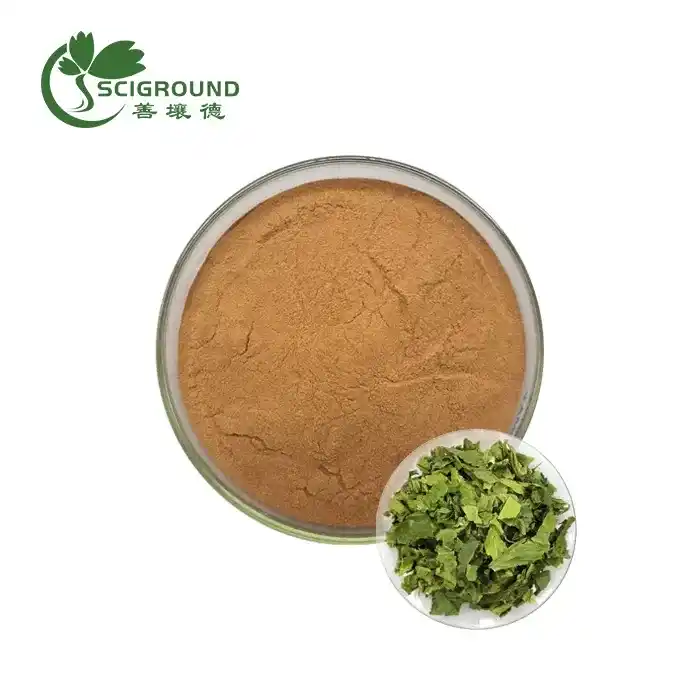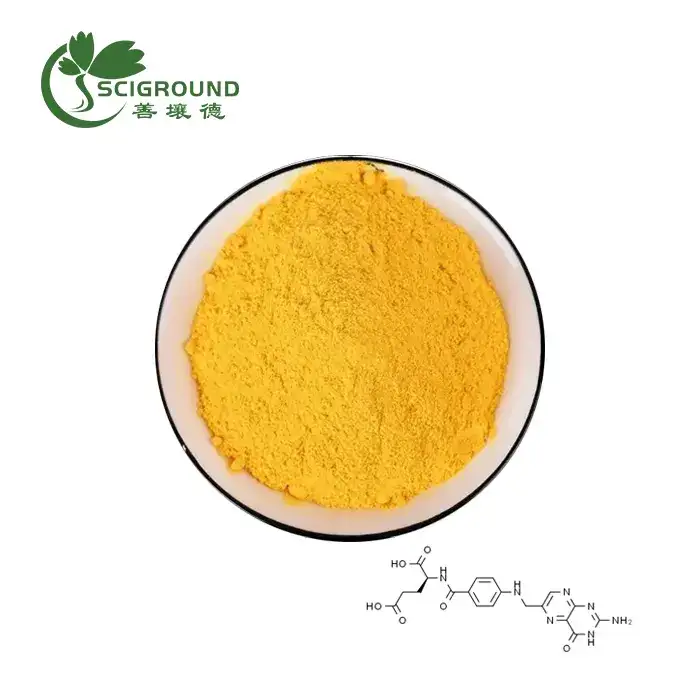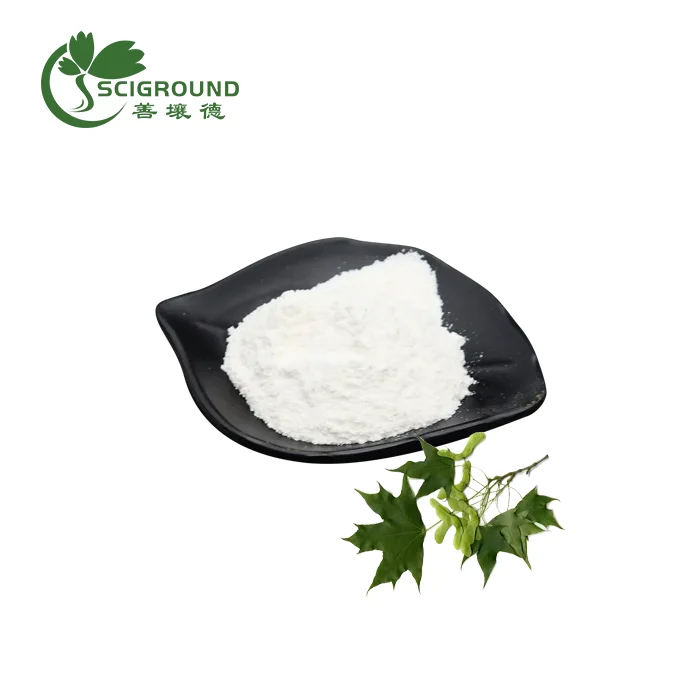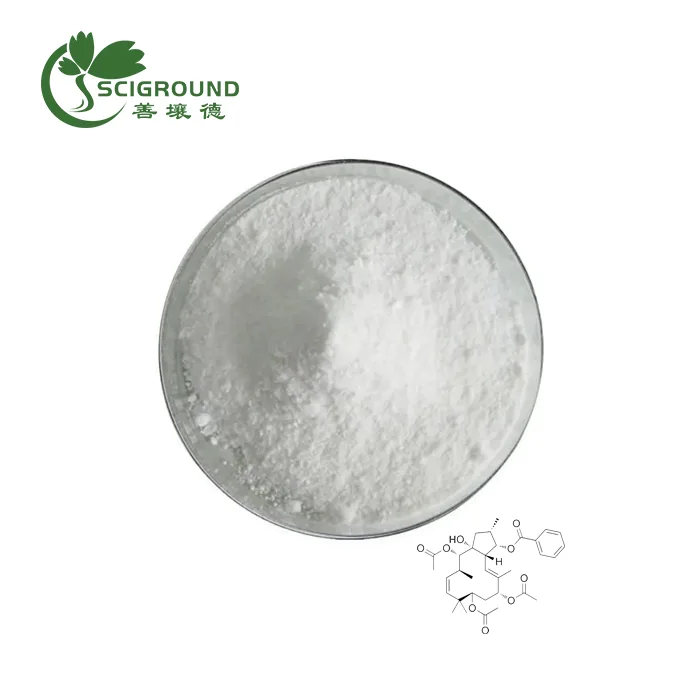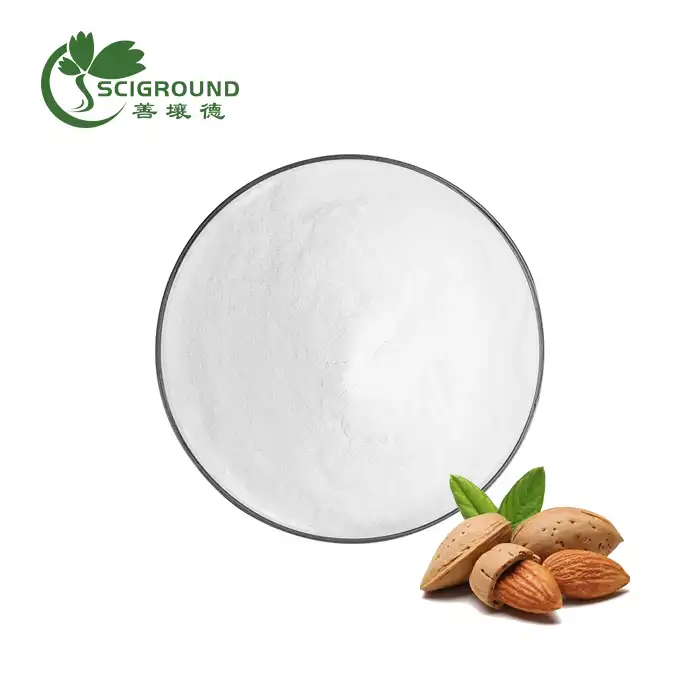Inulin Foods
Inulin has become an increasingly popular ingredient added to many processed foods and supplements. But what exactly is inulin, and why is it being added to so many products?
As someone trying to eat healthier, I wanted to better understand the potential benefits and downsides of foods containing inulin. In this article, I'll provide a complete overview of inulin, the inulin foods list, inulin foods benefits, potential side effects, and how much you need.
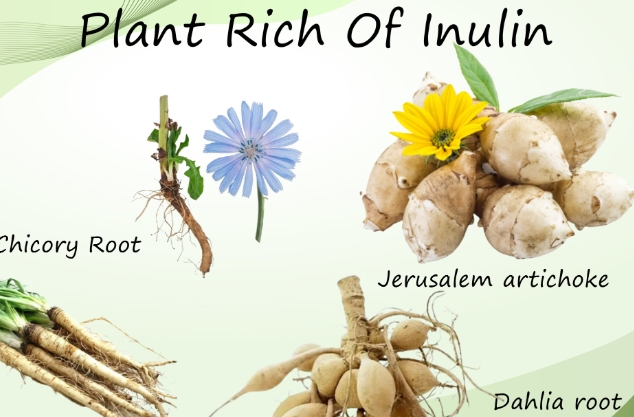
What is Inulin?
Inulin powder is a type of soluble fiber that is considered a prebiotic. That means it can help feed the healthy bacteria in your gut microbiome.
Inulin is found naturally in small amounts in various fruits, vegetables, and herbs including chicory root, garlic, onions, asparagus, Jerusalem artichokes, bananas, and wheat.
However, the inulin added to many processed foods and supplements is extracted from chicory root. The inulin from chicory root is more concentrated and contains longer chains of fructose than the inulin naturally found in foods.
Inulin Foods List: What Products Contain Inulin?
Inulin derived from chicory root is increasingly being added as an ingredient to a wide variety of foods and drinks, including:
· Yogurts, especially Greek yogurt and yogurt marketed as high-protein or low-fat
· Protein bars, granola bars, cereal bars
· Protein powders and shakes
· Fiber fortified beverages like flavored waters
· Ice creams and frozen yogurts marketed as low-fat or low-sugar
· Baked goods like breads, muffins, and cookies
· Packaged foods labeled as high-fiber or reduced sugar
You can identify inulin on ingredient lists as chicory root fiber, chicory root extract, oligofructose, fructooligosaccharides (FOS), or sometimes just fiber. It will be included within the total fiber grams listed on the Nutrition Facts label.
Is Inulin an Ultra Processed Food?
Inulin derived from chicory root and added to processed foods can be considered an ultra-processed food ingredient.
While inulin itself is natural, the extraction process concentrates it into a powdered form. When added to foods, it acts more like an additive rather than a whole food source of fiber.
For optimal health, it's best to get inulin from whole food sources like garlic, onions, asparagus, and artichokes rather than relying on processed foods with added inulin.
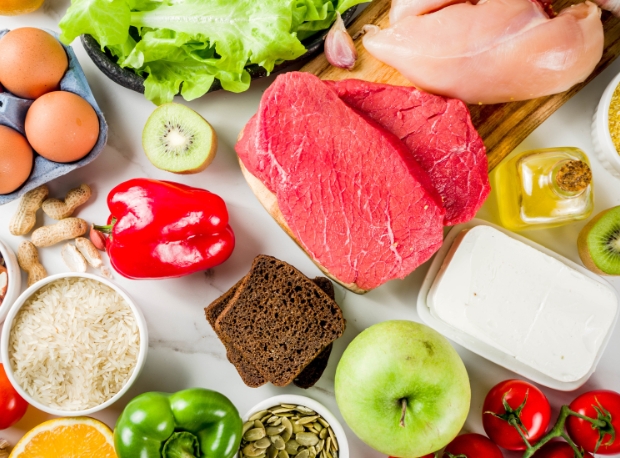
Inulin Foods Benefits: Why is it Added to Foods?
There are several potential benefits associated with inulin that make it appealing for food manufacturers to add it to products:
Prebiotic effects: Inulin may help feed beneficial gut bacteria since it passes undigested to the colon. This could support digestive health.
Fat and sugar replacement: bulk Inulin powder has a slightly sweet taste and creamy texture. This makes it useful for replacing sugar, artificial sweeteners, and fat in low-calorie products.
Fiber fortification: Adding inulin boosts the fiber content of processed foods and helps them meet claims of being "high-fiber."
Mineral absorption: Some research finds inulin improves absorption of minerals like calcium and magnesium.
Digestive health: There is some evidence inulin may benefit constipation, IBS, and inflammatory bowel diseases. But excessive amounts can cause gas and bloating.
Blood sugar control: Inulin may help manage blood sugar by slowing digestion. But more research is needed in this area.
What is the Richest Source of Inulin?
The richest natural sources of inulin fiber are:
· Chicory root: 41.6g per 100g
· Jerusalem artichoke: 17g per 100g
· Garlic: 12.5g per 100g
· Onion: 5-10g per 100g
· Asparagus: 2-3g per 100g
· Banana: 0.7-1g per medium banana
Focusing on eating these whole foods regularly can help increase your inulin intake from natural sources.
Why Do We Use Inulin? How is it Used in Food Products?
There are several properties that make bulk inulin a useful additive for food manufacturers:
Texture and mouthfeel: Inulin can mimic fat, providing a creamy and smooth texture without the calories. This makes it useful for low-fat ice creams, yogurts, and dressings.
Binding and moisture retention: In baked goods like breads, muffins, and bars, inulin helps retain moisture, maintain texture, and hold ingredients together.
Fiber fortification: Inulin boosts the fiber content of foods easily without impacting texture or flavor.
Sugar replacement: Inulin has a subtly sweet taste, allowing it to replace some sugar or artificial sweeteners.
Fat replacement: The creamy texture of inulin makes it useful for replacing fat in products like ice cream and yogurt.
Prebiotic marketing: Companies can market foods with inulin as having prebiotic benefits for digestive health.
Low-calorie claims: Adding inulin allows products to be marketed as light, low-calorie, or low-sugar.
How Much Inulin Should You Aim For?
There is no official recommended daily intake for inulin bulk powder or other prebiotics. But here are some suggested target intakes based on research:
· 5g per day: May help boost bifidobacteria, beneficial gut bacteria.
· 8g per day: May improve calcium and magnesium absorption.
· 10g per day: Tolerated well by most healthy adults as an additive.
· 12g per day: May relieve constipation for adults.
It's best to get small amounts of inulin from whole food sources as part of a high fiber diet. Focus on getting 25-38g of total fiber from a variety of sources daily.
If you do consume processed foods with added inulin, gradually increase your intake while paying attention to digestive side effects. Start with no more than 5g per serving.
Inulin Foods: Potential Side Effects
While inulin is generally safe, some people may experience digestive issues if they consume too much at once:
· Gas
· Bloating
· Cramping
· Diarrhea
These side effects are more likely when getting inulin from supplements or processed foods rather than whole food sources.
Start with small amounts of foods with added inulin and slowly increase intake to see if you experience any intestinal discomfort. This allows your digestive system time to adapt.
Those with IBS or following a low FODMAP diet may want to minimize or avoid concentrated sources of inulin.
The Bottom Line: Focus on Whole Food Sources
Inulin derived from chicory root can provide some benefits when used in moderation as an additive or supplement. But it's best to focus on getting prebiotics primarily from whole food sources like onions, garlic, asparagus, bananas, and wheat bran.
Aim for a varied, high fiber diet with at least 25-38g of total fiber daily from fruits, veggies, beans, lentils, whole grains and nuts. This will help ensure you get ample prebiotics along with a wide range of other nutrients.
Moderately consuming foods with small amounts of added inulin can be part of a healthy diet. But get the majority of your calories from minimally processed, fiber-rich whole foods for the most benefits.
References:
[1] DeVries, J. W., Camire, M. E., Cho, S., Craig, S., Gordon, D., Jones, J. M., ... & Watzke, H. (2001). The definition of dietary fiber. Cereal Foods World, 46(3), 112-129.
[2] Roberfroid, M. (2007). Prebiotics: the concept revisited. The Journal of nutrition, 137(3), 830S-837S.
[3] Giarnetti, M., Paradiso, V. M., Caponio, F., Summo, C., & Pasqualone, A. (2015). Production and characterization of functional biscuits with inulin. Chemical Engineering Transactions, 43, 1753-1758.
[4] Nair, K. K., Kharb, S., & Thompkinson, D. K. (2010). Inulin dietary fiber with functional and health attributes. A review. Food Reviews International, 26(3), 189-203.
[5] Cho, S. S., & Samuel, P. (2009). Fiber ingredients: food applications and health benefits. CRC press.
[6] Franck, A. (2002). Technological functionality of inulin and oligofructose. British Journal of Nutrition, 87(S2), S287-S291.
[7] International Food Information Council. (2020). 2020 Food & Health Survey. https://foodinsight.org/2020-food-and-health-survey/
[8] Lattimer, J. M., & Haub, M. D. (2010). Effects of dietary fiber and its components on metabolic health. Nutrients, 2(12), 1266-1289.
If you have any inquiries or would like to learn more about our products, please feel free to contact us at info@scigroundbio.com. We welcome any questions and look forward to assisting you.
ABOUT AUTHOR

Celine Xu is a botanist with over 15 years of experience researching and developing plant extracts for nutritional and pharmaceutical applications. She leads an R&D team focused on identification, cultivation and extraction of medicinal plants. Celine Xu earned a Ph.D. in Plant Biology from UC Berkeley and has authored numerous articles in peer-reviewed journals about the health benefits of specific phytochemicals. She frequently speaks at industry conferences about new developments in plant extract research. Celine Xu is dedicated to advancing the scientific understanding of how targeted plant compounds can be used to improve human health.
Related Industry Knowledge
- What are the nutrition facts of Mulberry Extract Powder?
- What is the agar powder?
- What is Astragalus Extract
- What does L-theanine do to your body?
- How do you take Reishi mushroom powder?
- What happens if I take creatine monohydrate everyday?
- How much vitamin b1 per day
- Unlocking the Secrets of Puerarin Extract: A Comprehensive Analysis
- What Are the Benefits and Applications of L-Lysine Powder?
- Discover the Magic of Corydalis Rhizome Extract
